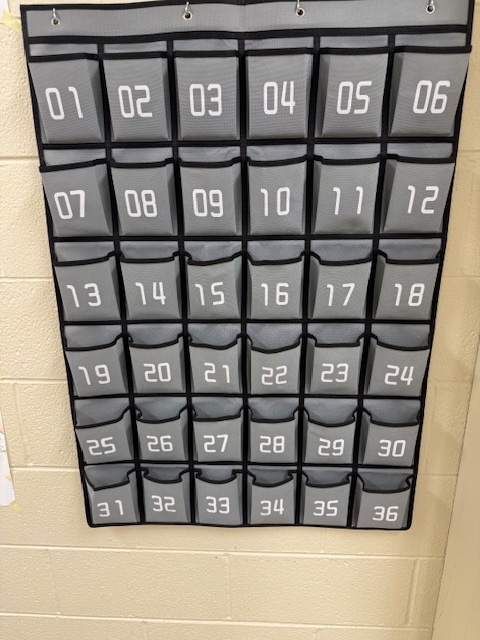We’ve all heard of the big online retailers like Temu and Shien; you may even have a cart full of items on these sights right now. Known for having seemingly unlimited items sold for dirt cheap, Temu and Shein are go-to spots for clothes and other fun items. Are these retailers too good to be true? Absolutely.
Let’s start with Shein. In order to rapidly design hundreds of new items each month, Shien uses AI technology to analyze trends on the internet to see what will sell. This leads to the mass production of poor quality items with designs that aren’t unique or well thought out. After going under some investigations, Shien was found to have many of their “factories” in China are set up in run-down residential buildings that violate Chinese labor laws. UK Channel 4 team had found that many of Shien’s Chinese employees work 17 hour shifts without minimum wage requirements. On top of this all, the company produces 6.3 million tons of carbon emissions a year. The fashion industry as a whole produces a whopping 10% of the world’s CO2 emissions, with big mass-producing retailers contributing to the brunt of it.
If you’re hoping Temu is any better, you would sadly be mistaken. Temu was recently put under investigation by the Chinese house select committee for being at “high risk of forced labor”, along with Shien, Nike, and Adidas. While Temu suppliers must agree to a “code of conduct”, the company takes a blind eye to how their goods are actually being produced. When shopping on Temu, your information is being collected and used by third party sources for add data, and possibly much more. Not to mention your orders are rarely what they are in the pictures, whether they be a different color, material, or look completely different altogether. Is money and convenience really all it takes for us to support such terrible retailers?
You might be thinking, what now? Well, to start, always try to quickly look into where and who you’re buying from. There are plenty of sellers on Amazon or Etsy that are legit and take time to make quality products. Most clothing items these days are made with synthetic materials, which don’t last as long as natural fibers and are harmful to the environment. Try to stay away from tags that say polyester, spandex, nylon, rayon, or acrylic. There are also so many smaller retailers online that sell honest and environmentally conscious products. While you may spend a little more money, your items will last longer, and won’t come with the guilt of supporting inhumane companies.






